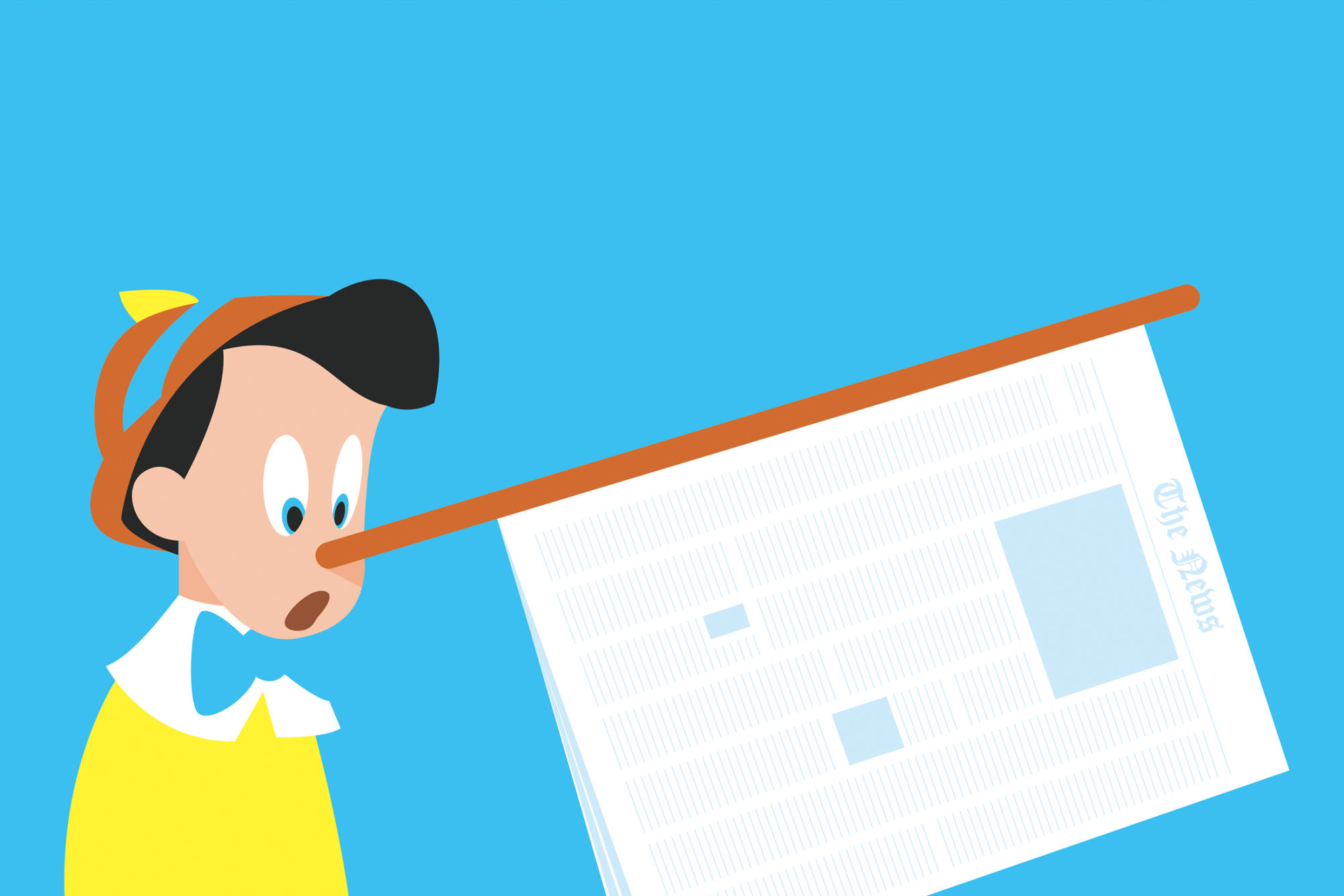As someone who has been rightfully criticized for my ethical failings in the practice of journalism, I have dedicated one aspect of my life’s second chapter to helping students in that profession avoid some of the traps that lead them astray. Indeed, while I decline most offers to speak about the first chapter, in the next few days after writing this, I will be heading toward the podium at my alma mater, the Merrill College of Journalism at the University of Maryland at College Park, and at the Sanford School of Public Policy at Duke University.
Those conversations have generally focused on the slippery slopes people can find themselves on when they start to cut corners, especially when they are struggling with personal challenges. They often poke at the cognitive dissonance that people employ—the idea that they are good people so they will never do something like what I did. I explain that I, too, had convinced myself that because I was a good person I would never do something like what Janet Cooke, or Ruth Shalit, or Stephen Glass — my predecessors in holding the title of the world’s most infamous journalist — did.
Increasingly, though, I have become focused on the biggest ethical failing in media today.
Journalism holds a special place in American society. It serves as a check on the absolute power of government, and it, as the common refrain goes, comforts the afflicted and afflicts the comfortable.
This importance may be why Thomas Jefferson once said, “Were it left to me to decide whether we should have a government without newspapers, or newspapers without a government, I should not hesitate a moment to prefer the latter.” Perhaps the press doing its job in covering him is why Jefferson wrote in a letter later in life that advertisements “contain the only truths that can be relied on in a newspaper.”
But plagiarism, fabrication, and bias are not the only—and are, perhaps, not the biggest—problems in journalism. Not calling a lie a lie is. Like an architect who speaks about form following function, but then builds glass towers with concave facades in the direct path of the sun.
One shining example is coverage of the presidential campaign of Donald Trump, the great American narcissist and not-so-great businessman. While numerous organizations fact-check presidential candidates in real-time, many people just accurately report what the candidate said.
When Trump retweets that 81 percent of white homicide victims are killed by blacks (the real number, according to the FBI, is 15 percent) or when he says he saw “thousands” of New Jersey Muslims celebrating the September 11 attacks (there is evidence that some did, but no one yet has yet come forward to corroborate his claim), the truth just gets drowned out. A key aspect of the problem is that we have shifted from covering political gaffes to covering lies. And that adjustment is proving to be difficult.
In a thoughtful piece in Vanity Fair in February, Michael Kinsley makes the point that focusing on lies is, essentially, pointless. “It is good to be focusing on lies again, because our next president will be a liar,” Kinsley writes. “How do I know? Every candidate who survives into election year is a proven liar.”
And in the land of lies, the biggest liar sometimes wins.


